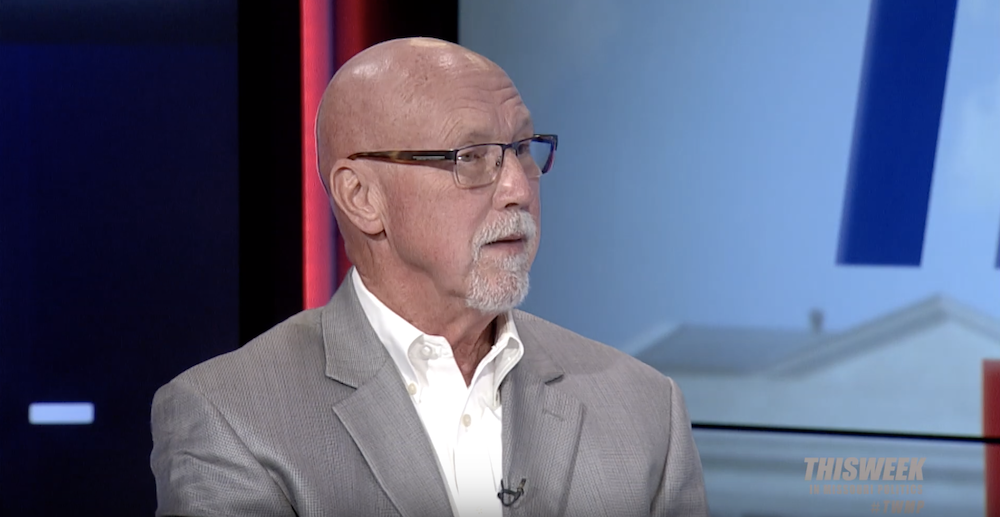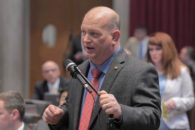JEFFERSON CITY, Mo. — A complex utility reform bill is awaiting action in the lower chamber after a lengthy perfection process and bipartisan input in the Senate.
Sen. Mike Cierpiot’s SB 202 would cover a myriad of issues, with securitization at the forefront of the discussion. The bill would allow utility companies to issue bonds to finance energy transition costs if approved by the Missouri Public Service Commission (PSC) and included a myriad of utility-related provisions.
The 60-page substitute was perfected and passed by the upper chamber, ranging well beyond its roots with provisions including the wholesale purchase of auxiliary power, establishing customer class rates for electrical corporations, and financing orders for infrastructure replacement. Another provision allowing electric cooperatives to continue holding annual meetings remotely for the next year due to the pandemic has seen play on several other bills in the upper chamber.
An additional section would impose a new limit of 215 days for the commission to reject a rate adjustment to offset the cost of coal-fired facilities; the commission does not currently face a time limitation.
Sen. Jill Schupp was the main critic of the bill over the course of its two days on the floor, working with Cierpiot and other interested parties to alleviate heartburn over administrative control. According to Cierpiot, negotiations behind closed doors lasted about seven hours and involved many other members as well representatives from the PSC and the Office of Public Counsel (OPC).
With the number of moving parts included in utility legislation, the Commerce and Consumer Protection Committee chair is happy to let everyone’s voices be heard in the process.
“Utility rates and regulations are complicated, and from the very start I didn’t want to exclude anybody,” Cierpiot said. “Once people felt comfortable and involved, we were all more than happy to work on it and move forward. Nobody was completely happy, but everybody felt they were treated fairly.”
Cierpiot said the changes didn’t alter the overall intent or function of the bill, but added control for both the PSC and OPC in the securitization process through a series of small changes.
“I would agree the initial bill did not have enough PSC oversight, and I think we made 40 or 50 adjustments with [Schupp], the PSC, and OPC involved,” he said. “The structure of the bill, as complicated as it seems, is really simple: It lets companies securitize these transitions, and it’s really a win for everybody. It’s more complicated, but that’s the basics of it.”
“A lot of the utility bills we’ve done aren’t just a Democrat or Republican thing — everyone has concerns. I think it’s productive to start from the beginning to include them in a good faith effort, and I find that they work well when asked to help. Usually, there’s a way forward when we all try.”

Cameron Gerber studied journalism at Lincoln University. Prior to Lincoln, he earned an associate’s degree from State Fair Community College. Cameron is a native of Eldon, Missouri.
Contact Cameron at cameron@themissouritimes.com.


































